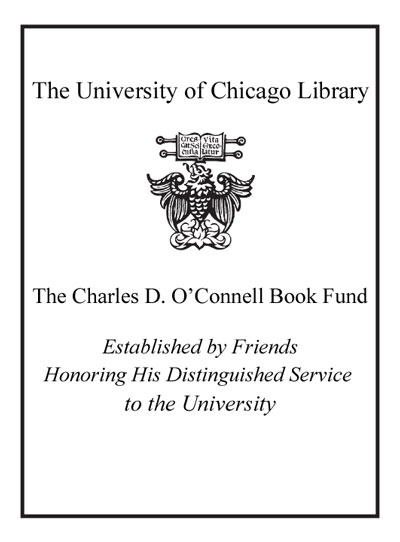Review by Choice Review
The first large-scale biography of Strauss to be published in many years, this volume is beautifully written by one of the great writers on music in the English language. Until now, the standard biography in English was Norman Del Mar's three-volume Richard Strauss (1962; 1969; CH, Feb'73), which focuses on the music of the composer. Kennedy deals more with Strauss's life in music. Of particular interest is his concentration on the great European composer's career after he had written his grand opera Der Rosenkavalier; indeed, most of the volume deals with Strauss's life through the two world wars. Stating that Strauss's "greatness has not yet been fully discovered and understood," Kennedy says this volume "attempt[s] to advance that discovery and understanding." And it does. In addition to 400 pages of text, it contains 33 pages of photographs and extensive footnotes. It will be of interest in both academic and public libraries, where it joins Kennedy's much smaller Richard Strauss (CH, Dec'76), in "The Master Musicians Series." W. Ross University of Virginia
Copyright American Library Association, used with permission.
Review by Booklist Review
For Richard Strauss (1864^-1949), German culture and his family were the driving forces of his life. Composer of operas, lieder, symphonic tone poems, and chamber music, Strauss developed a distinctive style of expressive music that contained much of his emotional life. He also famously conducted orchestras and operas in his music and that of his heroes, Wagner, Beethoven, and Mozart. He had a great sense of the theatrical, and though his librettists were very distinguished, he edited them and wrote some passages himself. He composed quickly, often jotting ideas and thematic material in the margins of librettos as he read them. Kennedy views Strauss' life entirely through the lenses of his music and his devotion to his family, with most documentation drawn from correspondence and previous biographies. He treats Strauss' participation in furthering German musical culture during the Nazi era at length, concluding by denying that Strauss was a Nazi sympathizer. An excellent biography of a composer in both romantic and classical manners who despised the avant-garde atonal music of his contemporaries. --Alan Hirsch
From Booklist, Copyright (c) American Library Association. Used with permission.
Review by Choice Review
Review by Booklist Review

